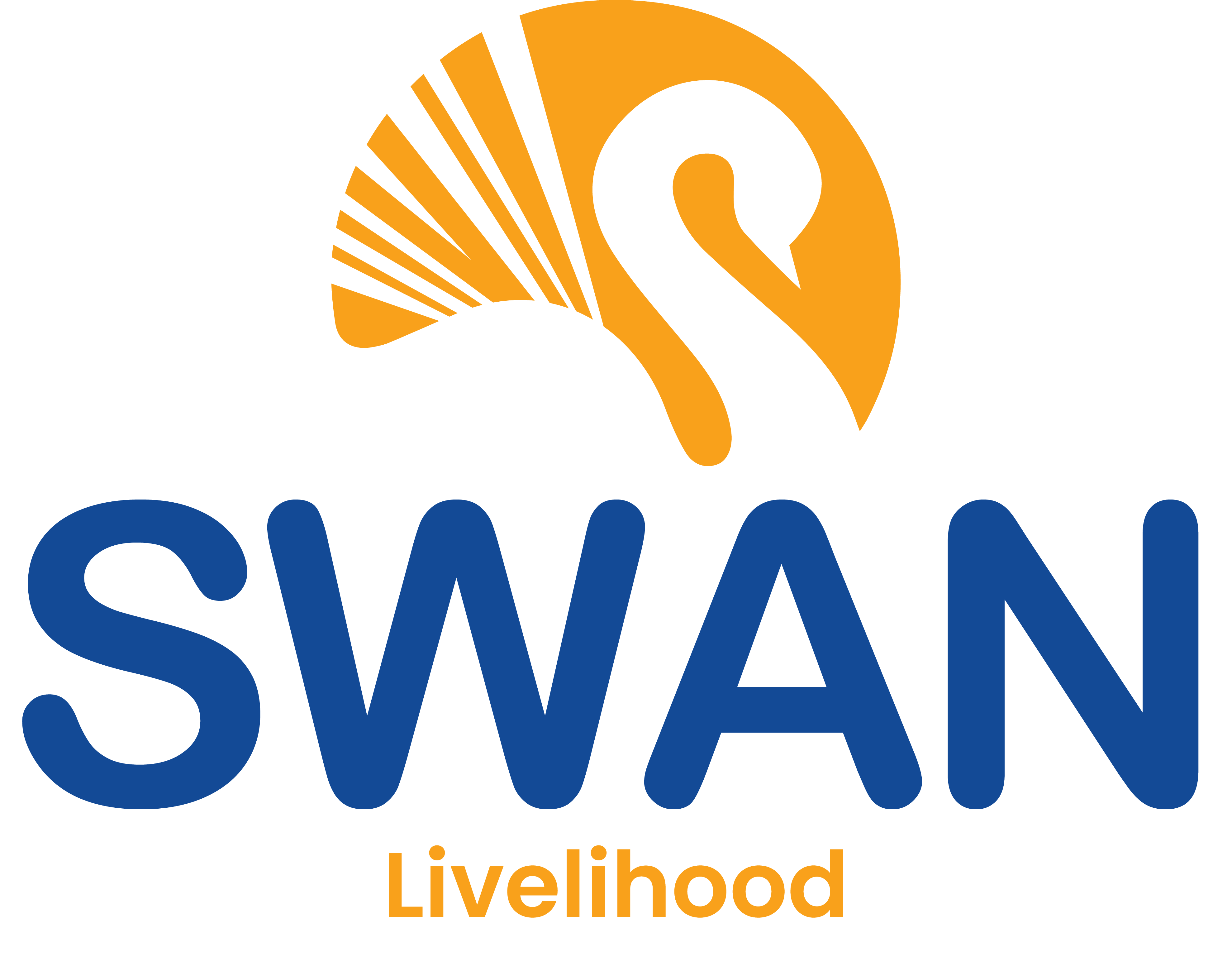Let’s be honest, how many of us would have believed it back in 2019 that we would spend the
next two years of our lives trapped in a world straight out of a Sci-fi dystopian novel, living
vicariously through screens and restructuring our entire lives around the mercy of binary 0’s and
1’s. I agree, the digitization of the world has been inevitable since the origin of the Internet, but
we have to admit that the pandemic accelerated this process by manifolds. Not only that, it also
presented the world with an alternative, one that had not been considered till now. It taught us
that we could ‘ALSO’ live like this and in doing so permanently altered our perception of life.
It is all very uncomplicated and effortless when we talk about this dawn of a new virtual era, but
attempting to put words into action is where our problems start. What happens when we factor in
the population of a country like India into our purview of digitization? The majority of which
resides in rural areas lacking infrastructure to support it, and the remaining unable to afford it.
In a world that now operates in the “Clouds” figuratively and literally, the job market has been
shifted completely, taking with it the parameters for employability. No longer can people just run
their business or just practice their craft and live off it. In order to really succeed they have to
have at least a basic understanding of the internet and the operations it performs, and the more
you know the better.
Under these circumstances it is almost imperative that the job seeking youth are trained to
operate computers and phones, understand the workings of the virtual world and get digitised.
Coping with these changes is something that is the need of the hour in order to give our youth a
better fighting chance in this fast- paced world.
Applying a 3 pronged approach-
1. We must aim to train our youth to be more adept with technology but learn how to
do so without losing the human touch that will set them apart. The world is
burdened with enough mindless robots as it is, but what the world will always
need are people who know how to think, rather than what to think.
2. We must enable them to learn and create for themselves with the limitations that
technology and infrastructure impose.
3. Not only should people have technical knowledge but putting these new digital
techniques to practice at a personal level should be considered a fundamental
parameter.
So, welcome to the new world, a world that stands forever changed in response to the madness
that surrounds it. We have always prided ourselves on our world and the way it adapts to
accommodate the changes we impose upon it, how it re-moulds itself time and again to be the
most efficient version of itself. But, we forget that it is us who comprise the world. Us, who carry
within the potential to create change, the potential to sustain it and when the time is right,
potential to develop it into something better. A spark that we at Swan Livelihood want to stroke
into a flame by aiding in this process of enhancing youth employability in every way that we can.
As students there is a lot that you can do for the advancement and enhancement of these causes.
 Like the Young Changemakers at TribesforGood who in an effort to contribute came up with a
detailed structure for a Go-to marketing strategy for Swan Livelihood, and a digital media plan
for the same. Purvaja Peraka- grade 12 student from Hyderabad along with her team comprising
Simran Walia- grade 12 student from Delhi NCR, Ashwika Rawat- grade 12 student from Jaipur,
Divya Agarwal- grade 11 student from Pune and Abhiprit Saha- grade 12 student from Kolkata
were the young minds behind this initiative.
Like the Young Changemakers at TribesforGood who in an effort to contribute came up with a
detailed structure for a Go-to marketing strategy for Swan Livelihood, and a digital media plan
for the same. Purvaja Peraka- grade 12 student from Hyderabad along with her team comprising
Simran Walia- grade 12 student from Delhi NCR, Ashwika Rawat- grade 12 student from Jaipur,
Divya Agarwal- grade 11 student from Pune and Abhiprit Saha- grade 12 student from Kolkata
were the young minds behind this initiative.
 Through the project they collated strategies to build partnership, social media presence, impact
investors, grassroot level marketing etc.
Every little bit counts, so spare your free time to create a positive impact on society.
Through the project they collated strategies to build partnership, social media presence, impact
investors, grassroot level marketing etc.
Every little bit counts, so spare your free time to create a positive impact on society.
 Like the Young Changemakers at TribesforGood who in an effort to contribute came up with a
detailed structure for a Go-to marketing strategy for Swan Livelihood, and a digital media plan
for the same. Purvaja Peraka- grade 12 student from Hyderabad along with her team comprising
Simran Walia- grade 12 student from Delhi NCR, Ashwika Rawat- grade 12 student from Jaipur,
Divya Agarwal- grade 11 student from Pune and Abhiprit Saha- grade 12 student from Kolkata
were the young minds behind this initiative.
Like the Young Changemakers at TribesforGood who in an effort to contribute came up with a
detailed structure for a Go-to marketing strategy for Swan Livelihood, and a digital media plan
for the same. Purvaja Peraka- grade 12 student from Hyderabad along with her team comprising
Simran Walia- grade 12 student from Delhi NCR, Ashwika Rawat- grade 12 student from Jaipur,
Divya Agarwal- grade 11 student from Pune and Abhiprit Saha- grade 12 student from Kolkata
were the young minds behind this initiative.
 Through the project they collated strategies to build partnership, social media presence, impact
investors, grassroot level marketing etc.
Every little bit counts, so spare your free time to create a positive impact on society.
Through the project they collated strategies to build partnership, social media presence, impact
investors, grassroot level marketing etc.
Every little bit counts, so spare your free time to create a positive impact on society. 